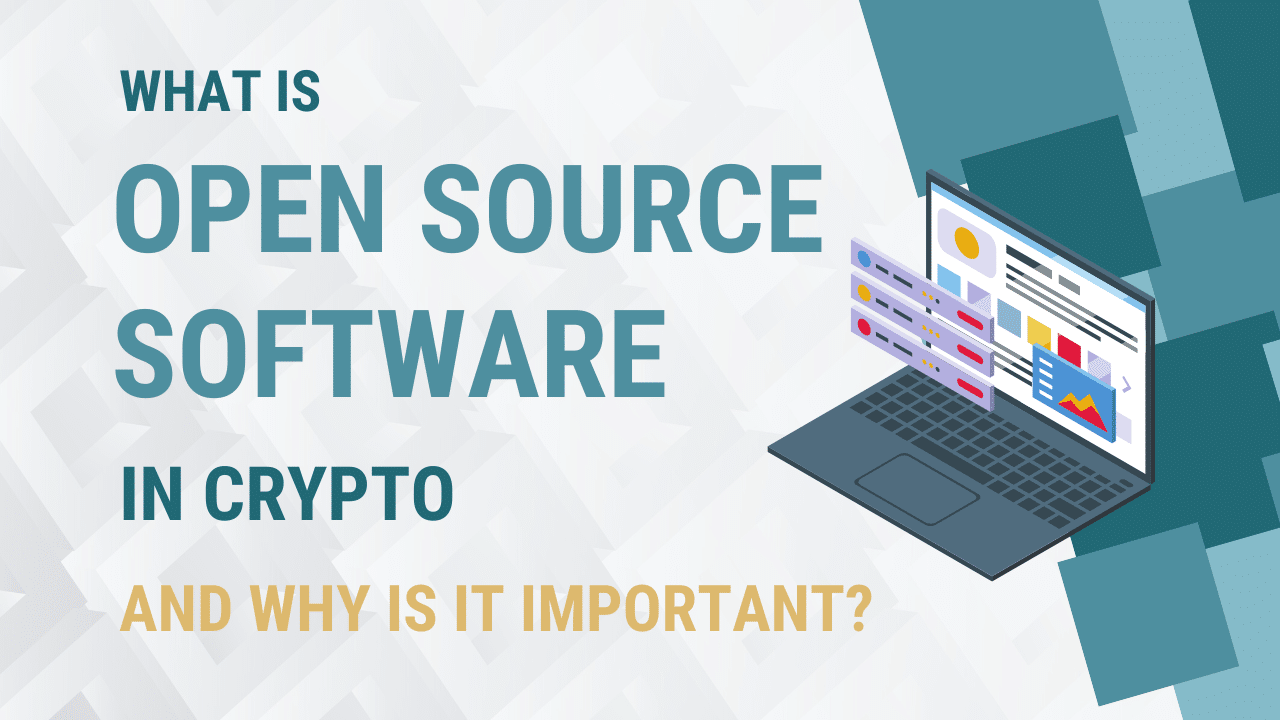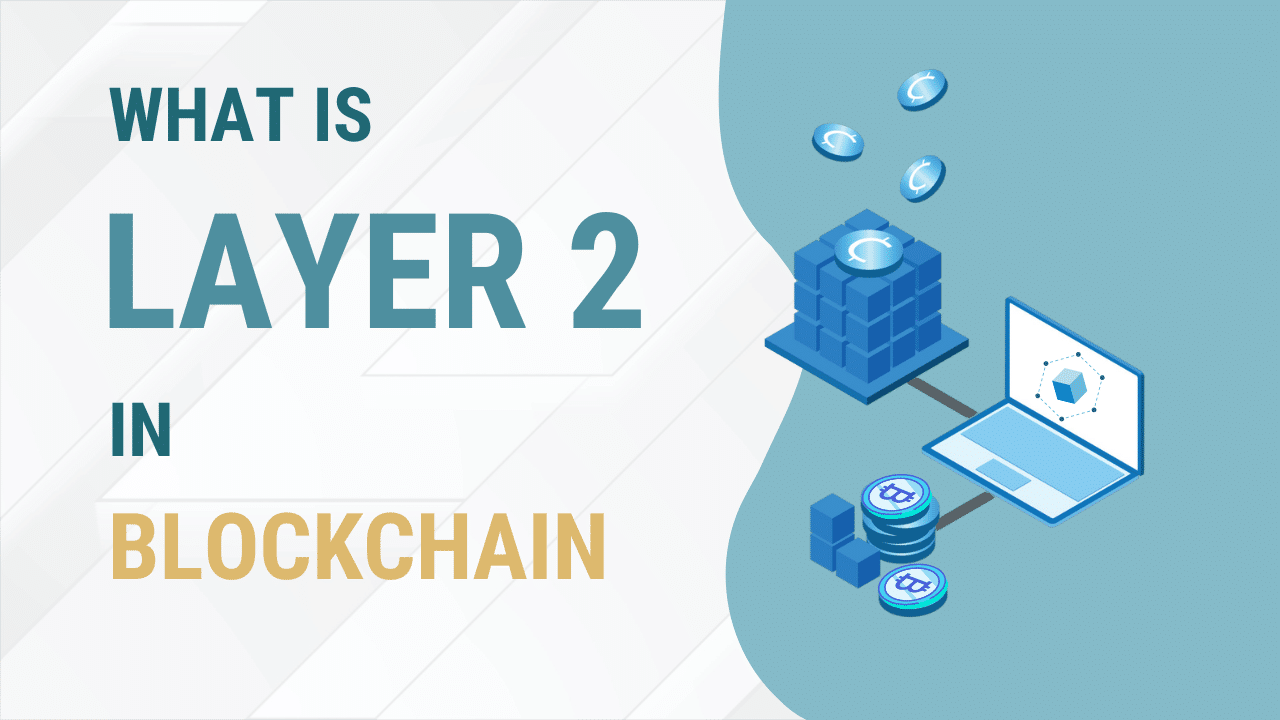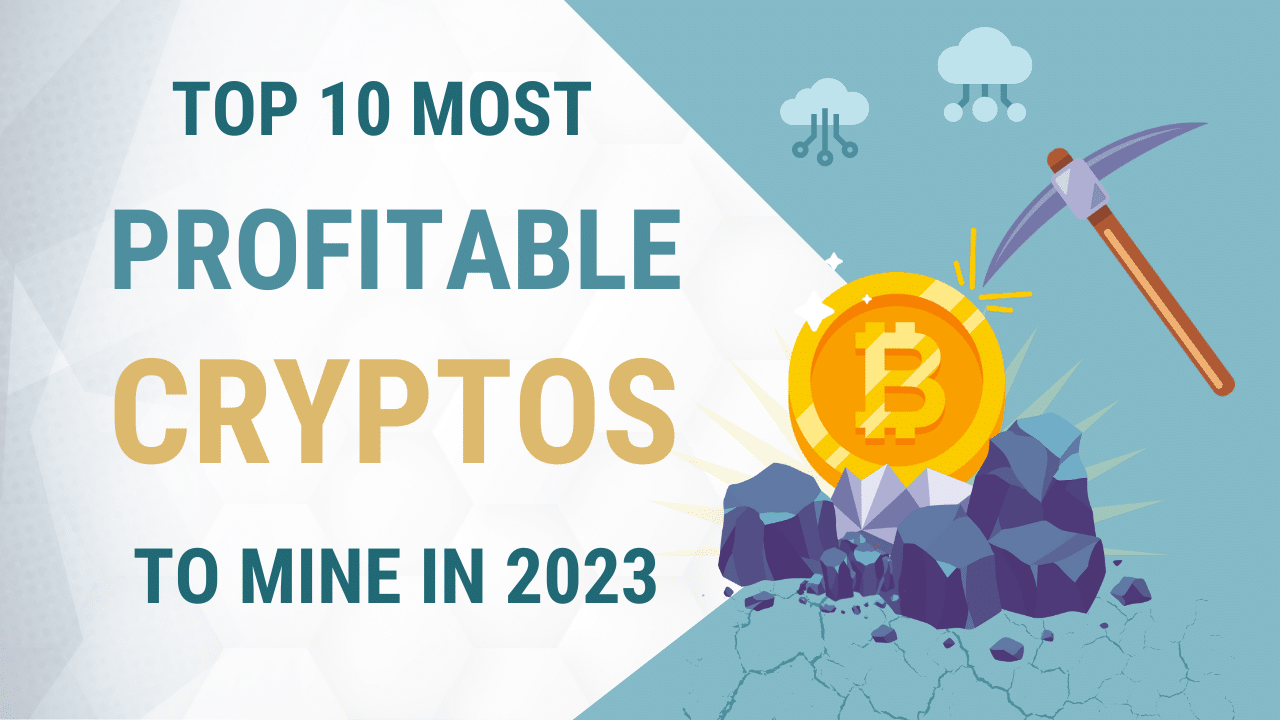Cryptocurrency has grown from an obscure term to a household name, yet many people struggle to keep up with all the new terms and jargon. They may understand the basics of crypto, but terms like ‘tokens’ and ‘DeFi’ are not well understood.’
Decentralized finance, or DeFi for short, has the potential to revolutionize the way we conduct financial transactions. If you want to see what is happening in DeFi now and what the future holds, read on to learn what DeFi means, how it works, and how it differs from traditional finance.
Let’s jump in:

What is DeFi (Decentralized Finance)?
DeFi is an abbreviation for decentralized finance. It describes a financial system that reimagines finance by removing the middleman, such as banks, from most financial transactions.
Typically, most forms of decentralized finance are based on blockchain technology where peer-to-peer protocols replace governing institutions. In other words, instead of an institution managing your money and telling you how much you can spend, you can use your digital currency however you please and maintain direct ownership of it.
If that all sounds confusing, don’t worry. We’re about to break it down for you.
Let’s start with the main tenets of decentralized finance:
- There are no centralized institutions that control your money or implement fees on it.
- Everyone’s transactions are entirely transparent because all transactions (minus personal information) are available to be viewed on a public ledger.
- A uniform, global financial platform eliminates exchange rates between countries, in most cases.
- Transactions are validated through peer review, so financial disputes are much less common.
In short, DeFi allows you to hold your money in a secure digital wallet you control and eliminates your need to communicate with an institution (such as your bank) to regain access to it.

How DeFi Works
DeFi is built on blockchain technology called “smart contracts.” Smart contracts are specific to the blockchain they are used on, but typically all serve the same purpose.
Smart contracts are designed to perform specific actions when certain conditions are met.
Let’s look at an example:
Let’s say you want to write a smart contract for payment to the winner of a golf tournament.
In order for the contract to be valid, you need to have at least one condition and one action.
An acceptable smart contract for this transaction would state you will pay $400 to your friend if she wins the golf tournament. The condition is if your friend wins the golf tournament. If that happens, it triggers the action. In this case, the action is you paying her $400.

By using this system, DeFi lets you and your friend conduct this transaction securely without a middleman like a bank and without sacrificing security.
This means that parties who would not typically be able to access certain financial services can now do so using decentralized finance. They can even obtain better interest rates than the centralized alternative.
Centralized Versus Decentralized: What’s the Difference?
Decentralized finance is vastly different from traditional banking and centralized financial institutions.
Centralized Finance (CeFi)
In centralized finance, (CeFi), money is regulated, controlled, and printed by your government. It is held by banks and other third parties who facilitate transactions on your behalf. Most of the time, this results in some type of fee.
Take a credit card, for example. Your transaction begins with the credit card provider receiving a request for funds. Your provider then authorizes or denies the request (based on the available credit limit) and moves money to the seller’s bank. The seller requires a bunch of common fees like taxes and transaction fees. The credit card company charges fees through the interest they charge.
This way, both parties get a portion of your money.

Decentralized Finance (DeFi)
As mentioned before, decentralized finance (DeFi) eliminates intermediaries and eliminates the need for most fees. This means you keep more of your money.
Additionally, there is no specific software needed to conduct a transaction. As long as you have an internet connection, you can lend, buy, sell, and trade as much crypto as you want. If you’re traveling to another country, you don’t have to worry about currency exchanges or understanding the conversion rate.
Decentralized finance does not provide full anonymity. Because it is built to be a transparent system, a public ledger houses all transaction records and can be viewed by anyone at any time. While the items on the ledger protect your name, address, and other sensitive information, your transactions are still traceable by legal entities.
Why is DeFi Important?
DeFi is an alternative to CeFi that gives you more control over your money and reduces the cost of transactions.
What are the Cons of DeFi?
As with anything, DeFi has its own share of downsides. After all, nothing is perfect. Here are the ones you should look out for when considering using DeFi for your money.
- 1: Your money is considered an investment. Unlike fiat currency which is regulated to limit volatility, crypto prices fluctuate up and down. This could result in rapid financial losses.
- 2: You must maintain your own records for filing taxes. Unlike with things like W2s typically kept by your employer, you must manage your own crypto records and are wholly responsible for any mistakes or errors.

Final Thoughts
DeFi is revolutionary and exciting. Right now, it’s relatively small-scale (although still global) and it is used primarily for crypto-related transactions. In the future, though, there will be more opportunities for everyday people to use it. Things like insurance, charitable donations, and even most in-person shops will have DeFi-based payment opportunities.
There is something you should keep in mind, though: if you’re considering using DeFi, be sure to do your research. Among other valuable lessons, you need to be able to spot scams and determine the platforms you select are reliable.
All in all, Dypto advises you to do your research and Learn Before You Leap.
Want to join the Dypto journey? Follow our socials!


